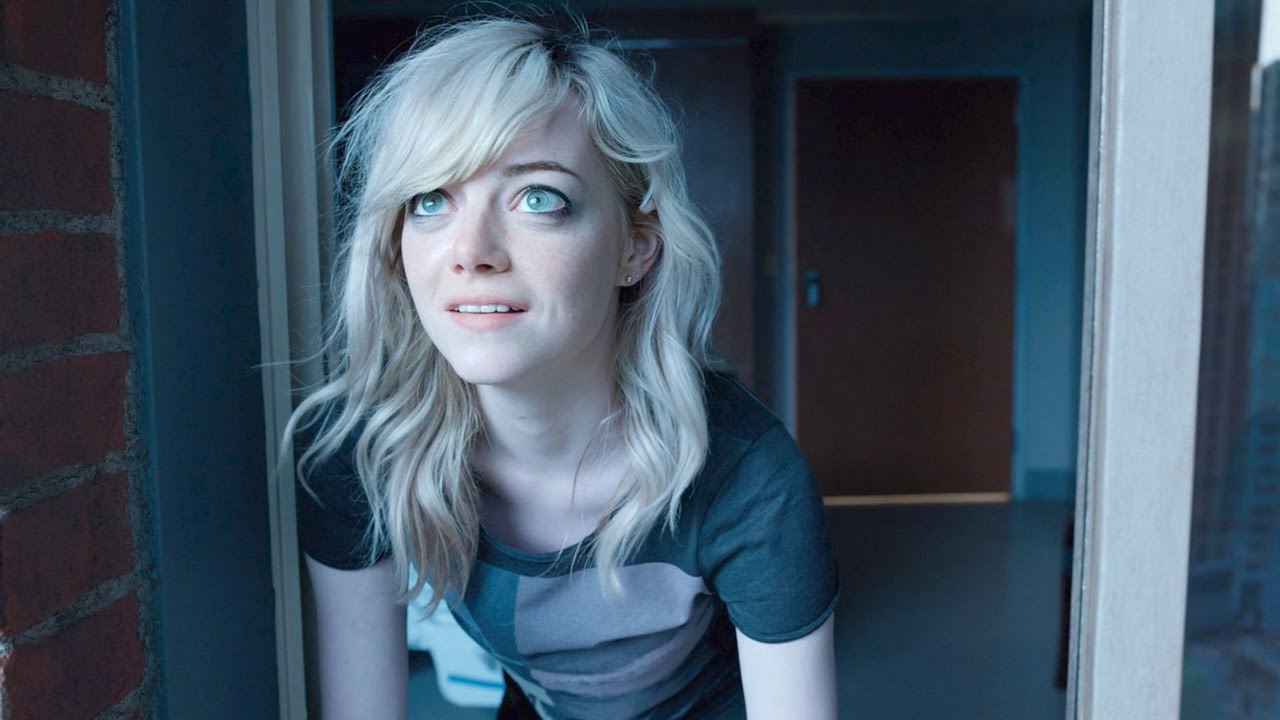
The decade is almost up which means, as of the most recent ceremony earlier this year in February of 2019, there have been 10 Best Picture Winners given this decade. I’ve said before that the Academy is not something I particularly care about, often times their winners fail to stay relevant in the years that follow, unlike the actual best films that never get nominated.
With that said though, the Academy is a historically known institution that shines a spotlight on the films they recognize. Whether for better or worse, today we’re going to rank the films they’ve recognized this decade. I’m going to keep this more in conversation of the individual films quality rather than what should’ve won over it. But regardless, these are the last 10 Best Picture Winners (2009 – 2019) Ranked from Worst to Best.
10. Green Book (2018)
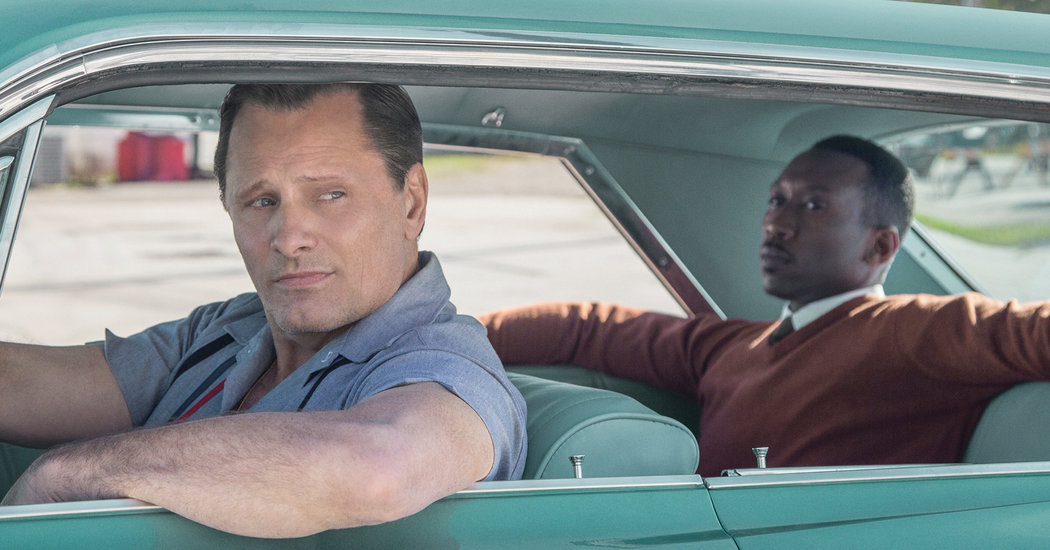
“Green Book”, at its best, is a decent film that’s well acted and plays itself universally, so the subject of racism isn’t unbearable to watch. But with that said it’s also a textbook basic movie that fits into the same problems of the worst films of its kind. Many criticisms were brought against the film in the months leading up to the ceremony, ranging from allegations against its director Peter Farrelly to accusations from the family Dr. Donald Shirley that the friendship between him and Tony Lip was depicted inaccurately in the film. But truthfully, these matters don’t concern me much.
“Green Book” is a film that falls in line with what writer, Wesley Morris, calls a ‘Racial Reconciliation Fantasy’. Meaning: “A movie that teaches falsehood about the causes of racism and the solutions to racism, starring a white character who overcomes their own racism or the racism of others through simplified means that reassure white audiences they are not racist.” The Shirley family itself claimed the film as a “Symphony of Lies”, to which Mahershala Ali (who plays Dr. Shirley in the film) apologized for. “Green Book” obfuscates its own subject matter with neglectful insincerity and stands as the worst winner since “Crash”.
9. The King’s Speech (2010)
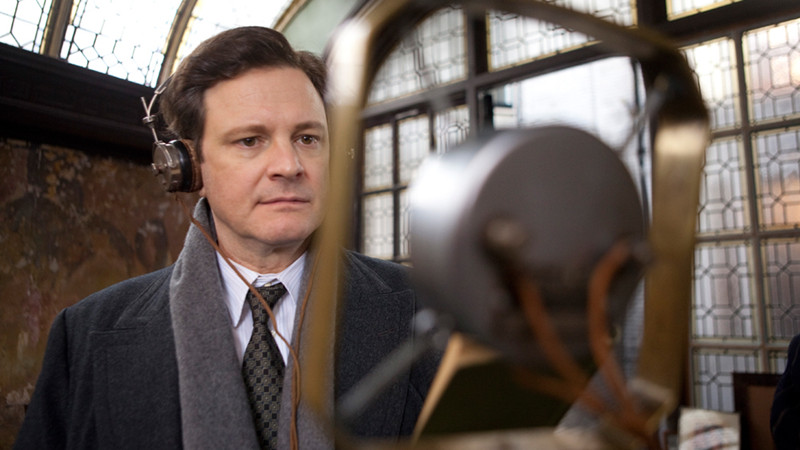
When “The King’s Speech” won Best Picture it was a very eye opening experience for many viewers because it cemented exactly who makes up their membership. Were they going to play it safe with tradition or were they going to recognize the innovative world around them? Well, we saw what happened here. That’s not to say the film is devoid of impressive moments, the performances of Collin Firth, Geoffrey Rush, and Helena Bonham-Carter are some of the best in their respective careers.
The film does have a great look as well, fog overtaking the streets brings us to its time period of WWII Britain. Where the film gets lost the most is in playing itself too safe. This is an old guard movie that feels more in tune with a previous time period, not caught up with the modern tempo of filmmaking. Its story is more or less a feel-good that takes no chances and doesn’t break any new grounds. It’s the kind of period piece that usually makes the Academy’s line-up regardless of whether it truly is one of the best.
8. The Artist (2011)
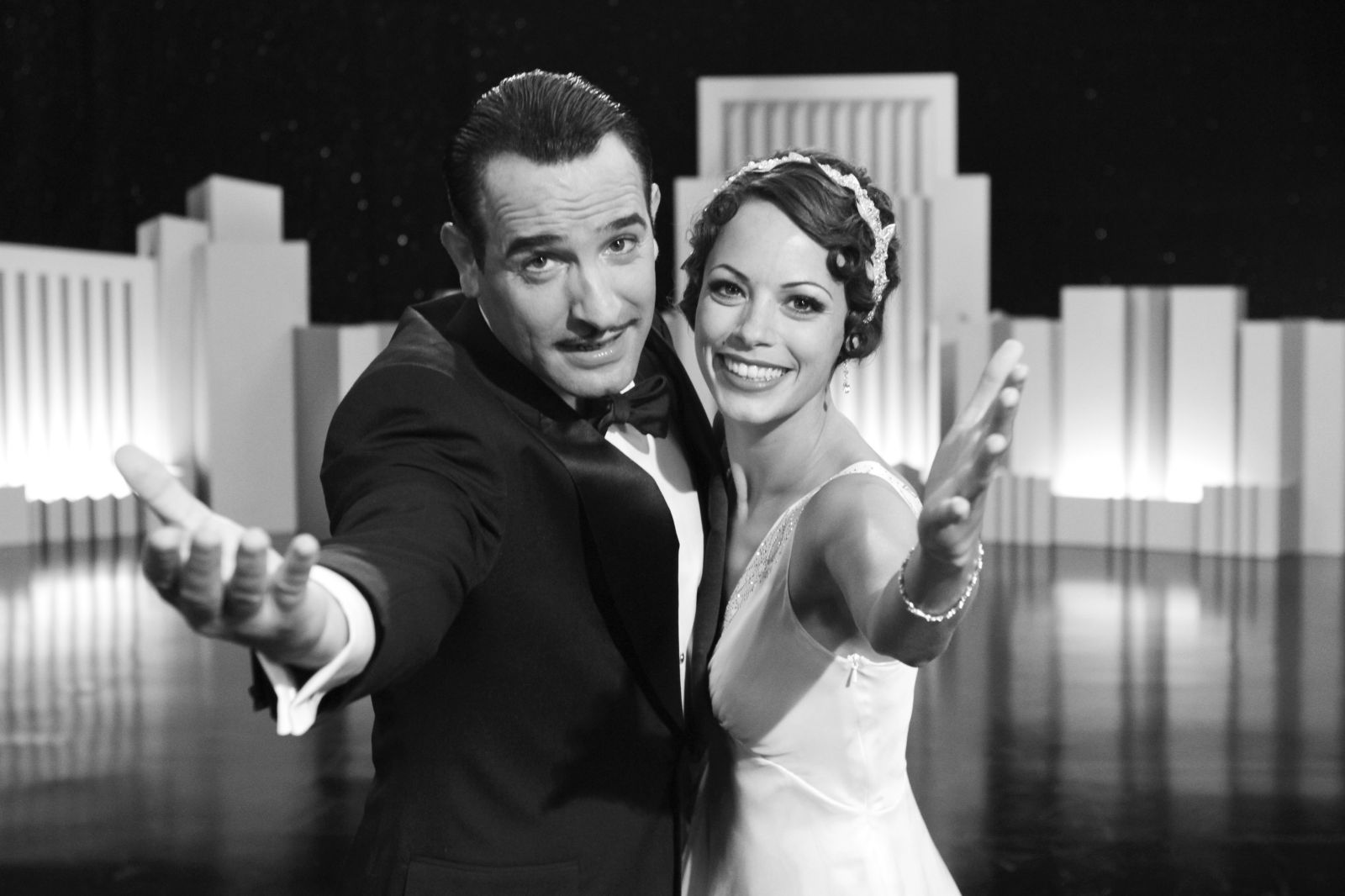
“The Artist” is a film that had a lot of buzz surrounding it at the time, it’s not often you see a silent film in this day and age. As the years have gone on its reputation has seemed to fade away, as is typical with a lot of Best Picture winners. But it isn’t completely worth skipping, it is a technically impressive film in its own right. Despite feeling like it relies on a gimmick, it is a fairly unique perspective on a very large transitional period in film history. I’ve heard many comparisons to “Singin’ in the Rain”, but there’s a key difference between the two.
Whereas “Singin’ in the Rain” was largely optimistic and happy, “The Artist” takes a fairly dark take on the show business as films went to sound. A lot of actors at the time went out of a job due to this transition, not having the right voices to transition with the shifting innovation that was happening. That’s the basic gist of the film as it pertains to the dueling careers of George Valentin (Jean Dujardin) and Peppy Miller (Bérénice Bejo). But it is a nice tribute piece to the silent era of film and does rely on some very good performances from its actors. Not as great as the classic silent films, but impressive in its own right for sure.
7. The Shape of Water (2017)
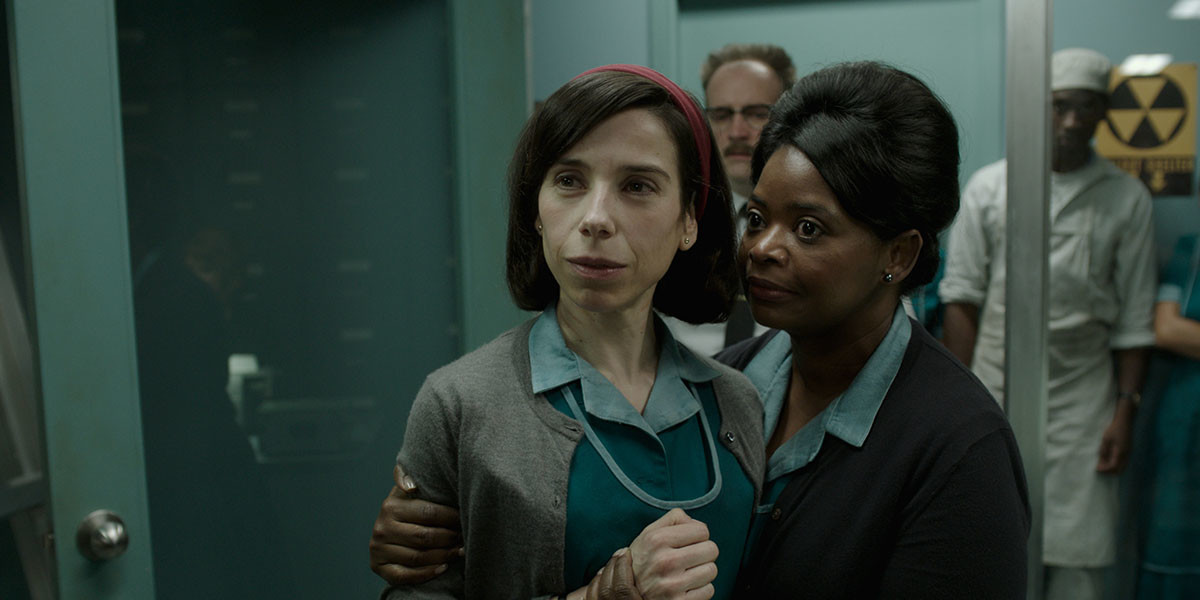
The cool thing about this victory is that with this Guillermo del Toro finally received the honor of winning Best Director along with his two friends in the Mexican Revolution of filmmaking, Alfonso Cuarón and Alejandro González Iñárritu.
“The Shape of Water” is a starkly mesmerizing film, feeling other worldly but grounding itself in our modern politics. Setting itself back in the high point of Cold War paranoia makes it feel like something from a world long ago that most of us don’t remember. Through these elements del Toro tells a story of “The Other”.
The obvious metaphor for this is in the form of a creature not of this world that humanity abuses. But the feeling of otherness stretches across to many characters throughout the film. From Elisa (Sally Hawkins) being obfuscated for being mute, or her neighbor Giles who’s a closeted homosexual who can’t reveal his attractions in his era, or Zelda who’s a black woman discriminated against in a time of racial disparity. All of them are others in their own right, ostracized by the social climate around them.
Going back to “Pan’s Labyrinth”, del Toro has had a knack for blending reality into fantasy and combining the two until they’re inseparable. And that’s exactly what “The Shape of Water” does.
6. Argo (2012)
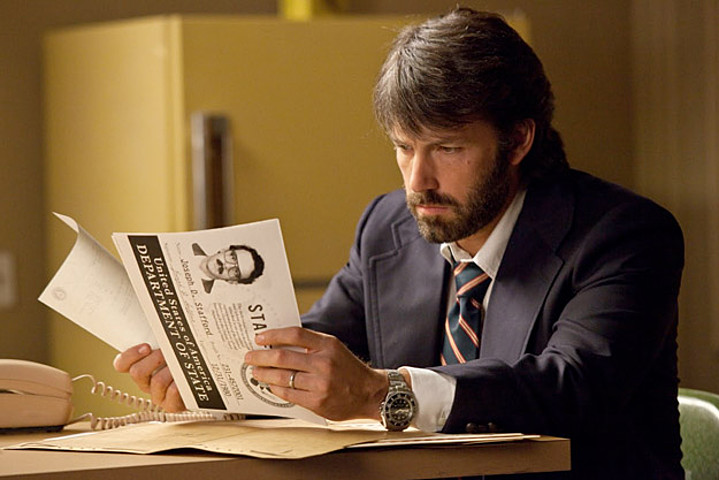
Ben Affleck has had a very up and down career. After the success of “Good Will Hunting” it seemed like he fell off a cliff in comparison to his childhood best friend Matt Damon. But then Affleck found his stride once again when he started directing. “Gone Baby Gone” was great, “The Town” was another good one, and then he made “Argo” which brought everything home.
Definitely not the best film he’s made, but still a very impressive film in its own right. Many have argued the legitimacy of this story being told, but that’s the whole spark that makes this work. The tale itself being one of reality and made up crap intertwining. 52 American citizens were held hostage by Iranian forces for 444 days from 1979 to 1981, thus making it the longest hostage crisis in recorded history.
The film details a select few who hid from Iranian forces and were miraculously saved by American agencies in which a plan was concocted to make a fake movie, a science fiction film called “Argo” which would have the production story of being shot in the Iranian deserts.
Affleck definitely romanticizes, making this a very – for lack of a better term – Hollywood movie. But in a weird way it almost improves with the stylistic choice given, mirroring the aesthetic the make-believe movie within the movie is trying to achieve – blended together with a great sense of character, personality, and comedy. This is an ode to filmmaking itself and the power stories have to fool some and save others. Maybe not the best of 2012, but still a good work.